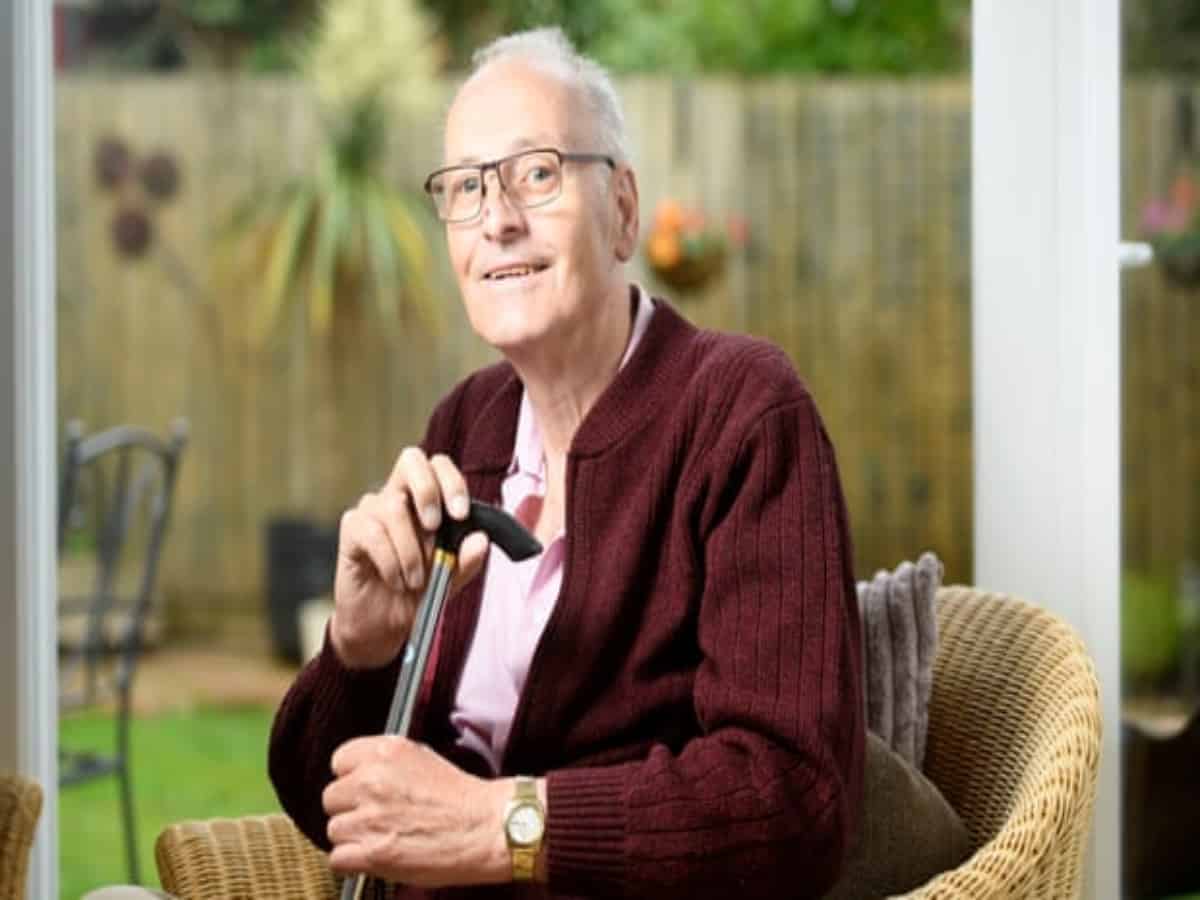London: A 72-year-old British man with a history of lung disease, who recently recovered from leukemia had tested positive for COVID-19, for a straight 43rd time in the past 10 months.
Dave Smith, a retired driving instructor from Bristol in western England said he tested positive for COVID 19 at least 43 times and was hospitalized seven times and was in a critical condition.
Talking to the BBC, he said that he had made plans for his funeral already, “I’d resigned myself, I had called the family in, made my peace with everybody and said goodbye.”
His wife, Linda Smith, quarantined with him at home; said to the media, “There were a lot of times when we didn’t think he was going to pull through. It’s been a hell of a year for all of us, especially for his body”.
Ed Moran, a consultant in infectious diseases at the University of Bristol and North Bristol NHS Trust, believes that Smith had active virus in his body throughout and he proved it by sending a sample of Dave’s body virus to university partners who managed to grow it, proving that it was not just some left over product that were triggering a PCR test but actually active, viable virus.
Dave started recovering after a certain treatment with a cocktail of synthetic antibodies developed by the US biotech firm Regeneron. This was allowed on compassionate grounds in his case but the treatment regime is not clinically approved for use in Britain.
Results of a clinical trial published this month showed this treatment reduces deaths among severe COVID-19 patients who are unable to mount a strong immune response.
He and his wife cracked open a bottle of champagne when he finally, after all the struggles, tested negative right 45 days after receiving the Regeneron drug and some 305 days after his first infection.
Smith’s treatment was not part of an official medical trial but his case is now being studied by virologist Andrew Davidson at the University of Bristol and a paper on his case will be presented at the European Congress of Clinical Microbiology & Infectious Diseases in the coming July, as it is known to be the longest infection recorded in the literature.
“Where does the virus hide in the body? How can it stay just persistently infecting people? We don’t know that,” Davidson said.
Dave says that he still gets some symptoms, as he feels breathless at times but is not going to give up on life, since his recovery he has travelled in Britain and is teaching his granddaughter to drive.

